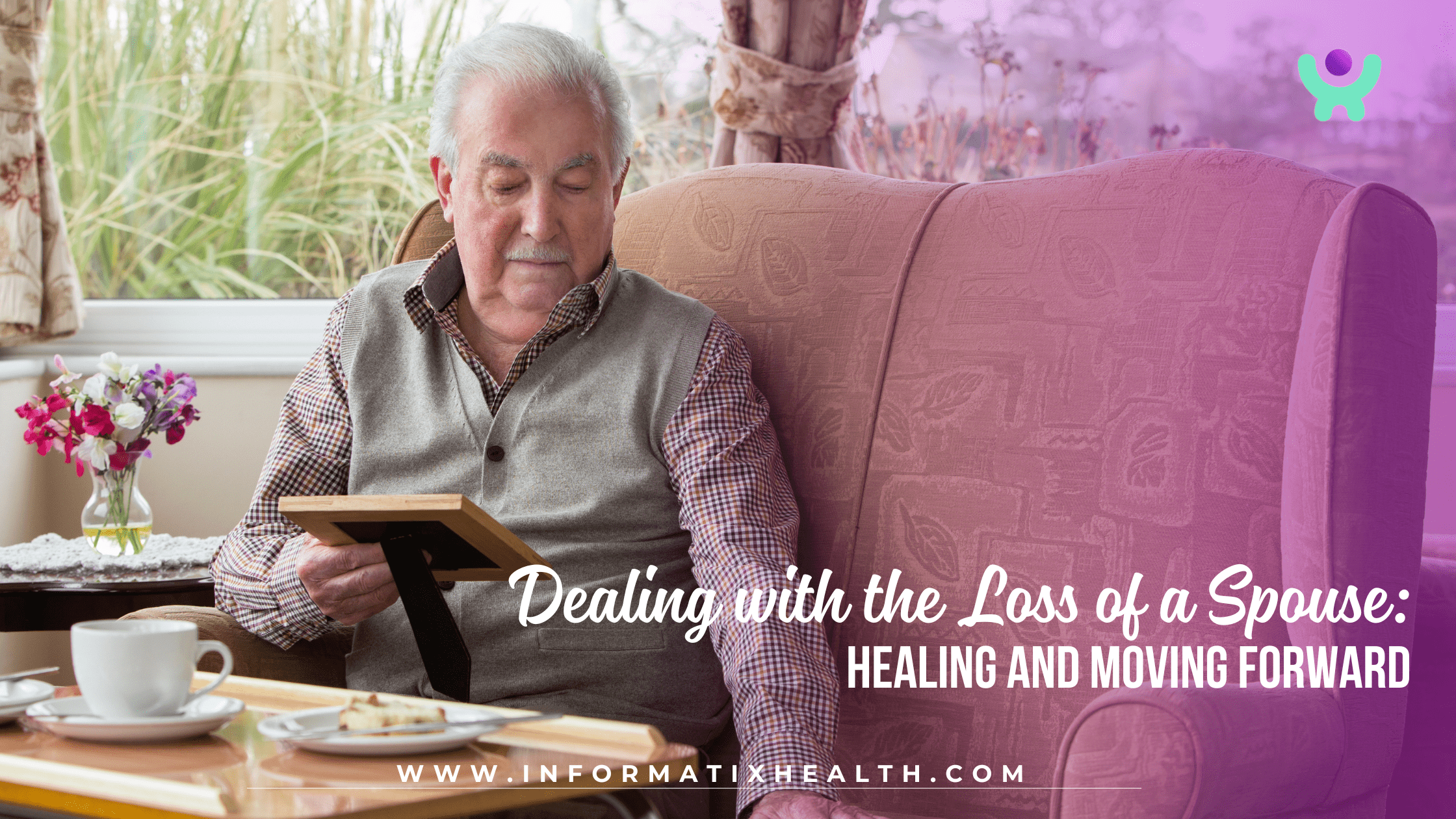The loss of a spouse is one of the most profound and challenging experiences one can face. The journey through grief is deeply personal and can vary widely from person to person. However, there are common strategies and approaches that can help individuals heal and eventually move forward.
Understanding Grief
Grief is a complex emotional response that encompasses a range of feelings, including sadness, anger, confusion, and even relief. It’s important to recognize that there is no ‘right’ way to grieve. The five stages of grief—denial, anger, bargaining, depression, and acceptance—are not linear and may fluctuate over time.
Allowing Yourself to Grieve
It’s essential to allow yourself to feel the emotions that come with loss. Suppressing feelings can lead to prolonged grief and emotional distress. Journaling can be a therapeutic way to express your thoughts and feelings. For example, you might write letters to your spouse, sharing your daily experiences and how you miss them.
Seeking Support
Connecting with others can provide comfort. Here are a few avenues to consider:
- Friends and Family: Lean on your support network. Share your feelings and memories with those who knew your spouse.
- Support Groups: Many communities offer bereavement support groups where individuals can share their experiences with others who have faced similar losses. Organizations like GriefShare provide resources and group meetings.
- Professional Help: A therapist or counselor specializing in grief can offer strategies and support tailored to your situation.
Finding Healthy Outlets
Engaging in activities that promote well-being can be beneficial. Consider:
- Physical Activity: Regular exercise can help reduce stress and improve mood. Activities like walking, yoga, or swimming can be soothing.
- Creative Expression: Art, music, or writing can serve as outlets for your emotions. For instance, painting or creating a scrapbook of memories can help you celebrate your spouse’s life.
- Mindfulness and Meditation: Practices such as meditation can help you stay grounded and present during moments of overwhelming grief.
Honoring Your Spouse’s Memory
Creating rituals or memorials can help keep your spouse’s memory alive. You might consider:
- Commemorative Activities: Participate in activities that your spouse loved, such as cooking their favorite meal or visiting a place that was special to both of you.
- Memorial Projects: Establish a scholarship or charity in their name, or plant a tree as a lasting tribute.
Moving Forward
As time passes, the intensity of grief may lessen, but it’s important to acknowledge that moving forward doesn’t mean forgetting. It means finding a new way to live while carrying your spouse’s memory with you. Consider:
- Setting New Goals: Focus on personal growth and setting new life goals. This could be pursuing a new hobby, traveling, or furthering your education.
- Embracing New Relationships: When you feel ready, opening yourself to new friendships or even romantic relationships can be a healthy step forward.
Conclusion
Healing from the loss of a spouse is a gradual process that requires patience and self-compassion. By allowing yourself to grieve, seeking support, finding healthy outlets, honoring your spouse’s memory, and embracing the future, you can navigate this difficult journey. Remember, it’s okay to seek help and take the time you need to heal.
Need Support at Home?
At Informatix Health, we understand how deeply the loss of a spouse can impact your emotional and physical well-being. If you or a loved one in Brockton, MA could use extra support—whether it’s help with daily tasks, companionship, or care from compassionate professionals—we’re here for you.
Our experienced home health aides provide more than just care; they offer comfort, respect, and a steady presence during life’s most difficult moments.
Reach out to Informatix Health today to learn how we can support you or your loved one on the journey toward healing.
You’re not alone—and you don’t have to go through this without help.


